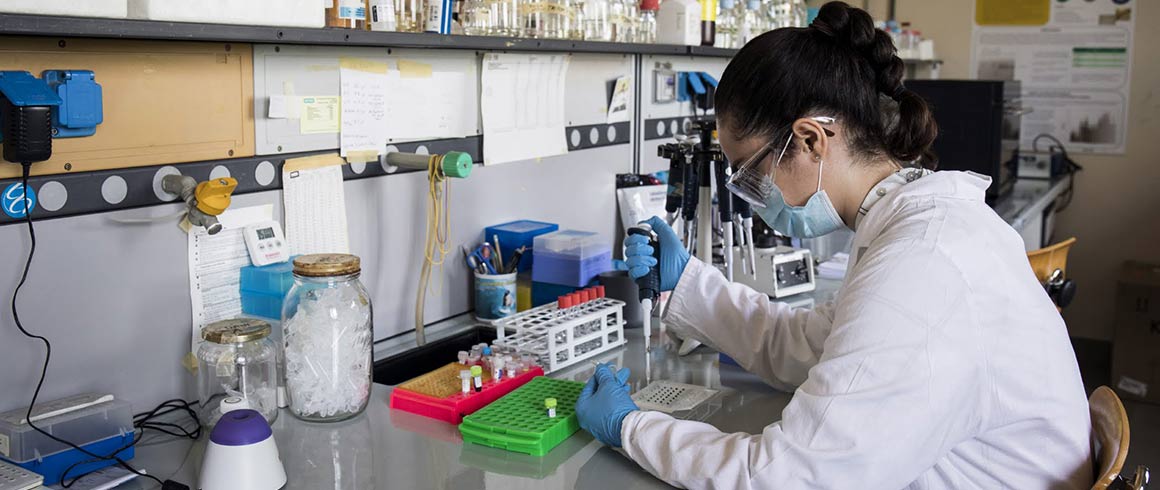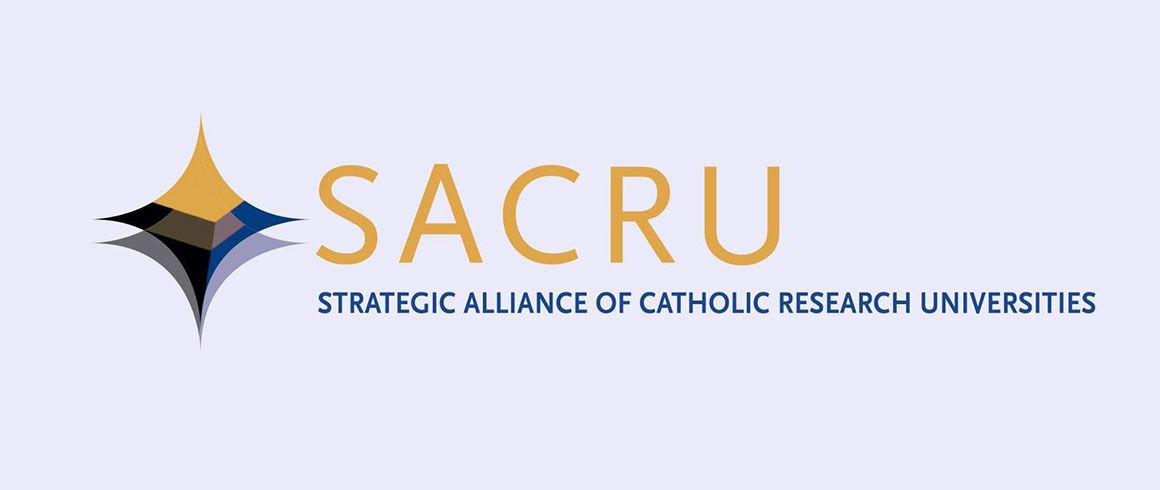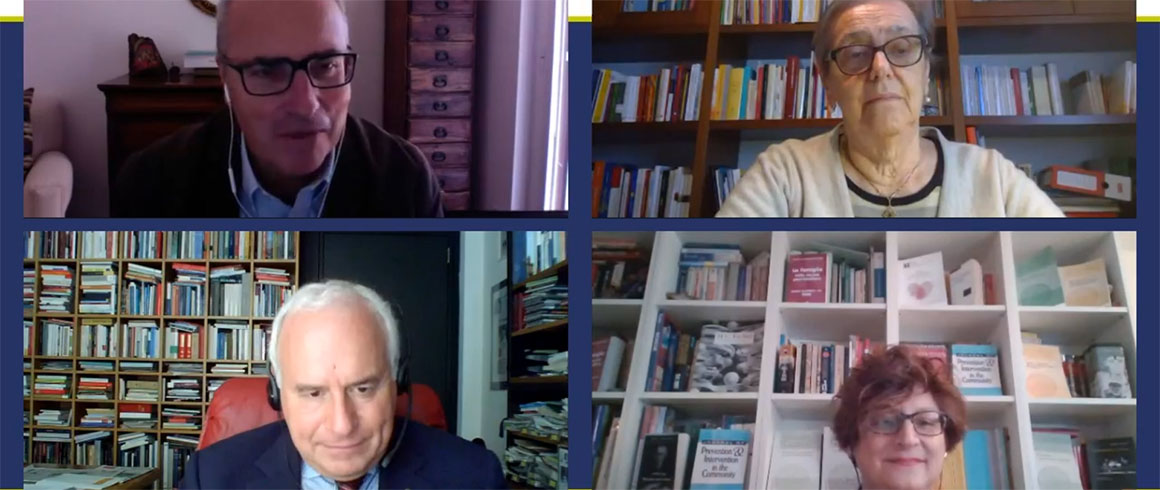Scientific Research at Università Cattolica has a new website. The need to bring research communication online stems from the scope, both quantitative and qualitative, of the University's activity on its so-called second mission.
The University has also launched a research communication strategy, whose first actions are the new website and a new editorial plan on Linkedin that will launch #cattolicathinks, an ad hoc project dedicated to research as part of the University Centenary celebrations.
Students and lecturers, as well as all external actors interested in research, from companies to institutions, will have the opportunity to learn about the most relevant scientific projects underway at Università Cattolica in the various disciplinary fields, together with the calls for proposals and the possible funding sources for the projects to be launched.
The website, which will be constantly expanded, highlights the vision of research at Università Cattolica, the structures that carry it out, the publications, the most significant projects, and other useful information for doing research. Particular attention is paid to those national and international projects which are led or self-financed by the University. About fifty projects are currently presented on the website and will be constantly updated.
Some figures have been published on the website to give an account of the scope of the research in the University.
Università Cattolica employs 1,074 lecturers and researchers, 217 temporary researchers, 253 research fellows, who refer to ten disciplinary macro-areas. There are also 20 PhD programmes. UniCatt’s research activities range from mathematical, computer, physical, biological, medical, agricultural, and veterinary sciences to classical studies, philology, literature, and history of art[XX1] ; from historical, philosophical, pedagogical, psychological, and legal sciences to economic, statistical, political, and social sciences.
The institutional framework in which the research is carried out is divided into 4 campuses, 12 faculties, 39 departments, 1 institute, 87 research centres, 6 University centres, 8 high schools. This large structure produces an important amount of publications: 4,700 were those surveyed in 2019 and more than 80,000 are currently surveyed in the University's institutional repository, PubliCatt.
Research at Università Cattolica can count on significant resources, mostly acquired from external sources: in 2019 there were 129 projects, more than 100 institutional projects co-financed by external bodies, 380 research contracts: a total of more than 1,000 ongoing research projects.
The value of these figures is in the attention that Università Cattolica has always paid to the respect for the autonomy of all forms of knowledge, according to a conception of science placed at the service of the human person and civil coexistence.
The University promotes the development of studies and scientific research following its mission to prepare young people for research, teaching, as well as for liberal professions or job positions within institutions, public bodies, companies.
In this context, the humanistic and social disciplines take on particular importance. Alongside the objects belonging to the specific field of investigation, i.e. the study of what man has produced of material and immaterial, these disciplines carry out an indispensable work of research into meaning and foundation, according to an integral vision of the human person.
“The creation of the new website represents an important step towards the dissemination of the results of our research activities and it will increasingly host news and in-depth analysis of interest to the scientific community and the social and cultural context in which we operate”, comments Mario Gatti, director of the University's Research and Development Area, with satisfaction.
According to Roberto Zoboli, the Rector's delegate for the coordination and promotion of scientific research and sustainability, “the new website is in line with the research pages of the major Italian and international universities, it is easy to navigate and, above all, it will be effective in presenting the University's work and results, which are certainly important and growing, and ensure a significant contribution by Università Cattolica to the advancement of knowledge”.





